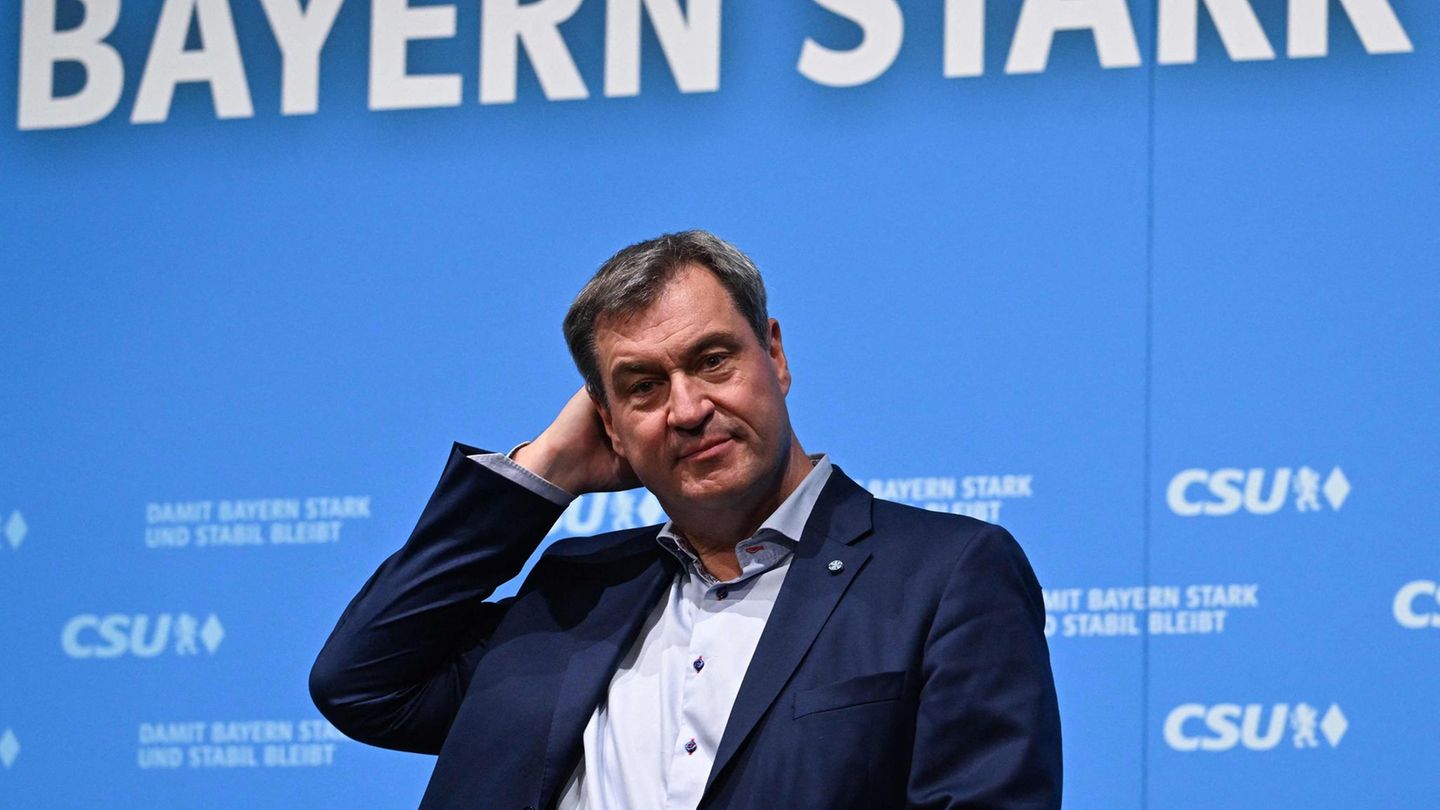I have been working in the news industry for over 6 years, first as a reporter and now as an editor. I have covered politics extensively, and my work has appeared in major newspapers and online news outlets around the world. In addition to my writing, I also contribute regularly to 24 Hours World.
Menu
State elections: Markus Söder’s hope, Nancy Faeser’s debacle
Categories
Most Read
Pressure on Merz: Internal outburst of anger in the Chancellor’s party
October 8, 2025
No Comments
CSU and AfD: Fire in front of party offices – suspect caught
October 8, 2025
No Comments
Trump escalates: Texas National Guard appears in front of Chicago
October 8, 2025
No Comments
Defense: Bundeswehr gets 20 new fighter jets
October 8, 2025
No Comments
Controversial project: EU dispute over “chat control” – is it still coming?
October 8, 2025
No Comments
Latest Posts

The Chinese automaker BYD begins operations in the country with six electric and hybrid models
October 8, 2025
No Comments
“On behalf of the entire BYD team, we deeply appreciate the interest of those who approached the brand during the pre-sale. We want each customer

Banco Macro announced a plan to buy back its shares for up to $225,000 million
October 8, 2025
No Comments
October 8, 2025 – 20:32 The financial entity explained that it is a measure taken given the context of market volatility and falling prices of

Donald Trump confirmed the agreement between Israel and Hamas to exchange hostages for prisoners
October 8, 2025
No Comments
October 8, 2025 – 20:11 The agreement, which will be made official in Egypt, seeks to return 47 kidnapped by the paramilitary organization and release
24 Hours Worlds is a comprehensive source of instant world current affairs, offering up-to-the-minute coverage of breaking news and events from around the globe. With a team of experienced journalists and experts on hand 24/7.

